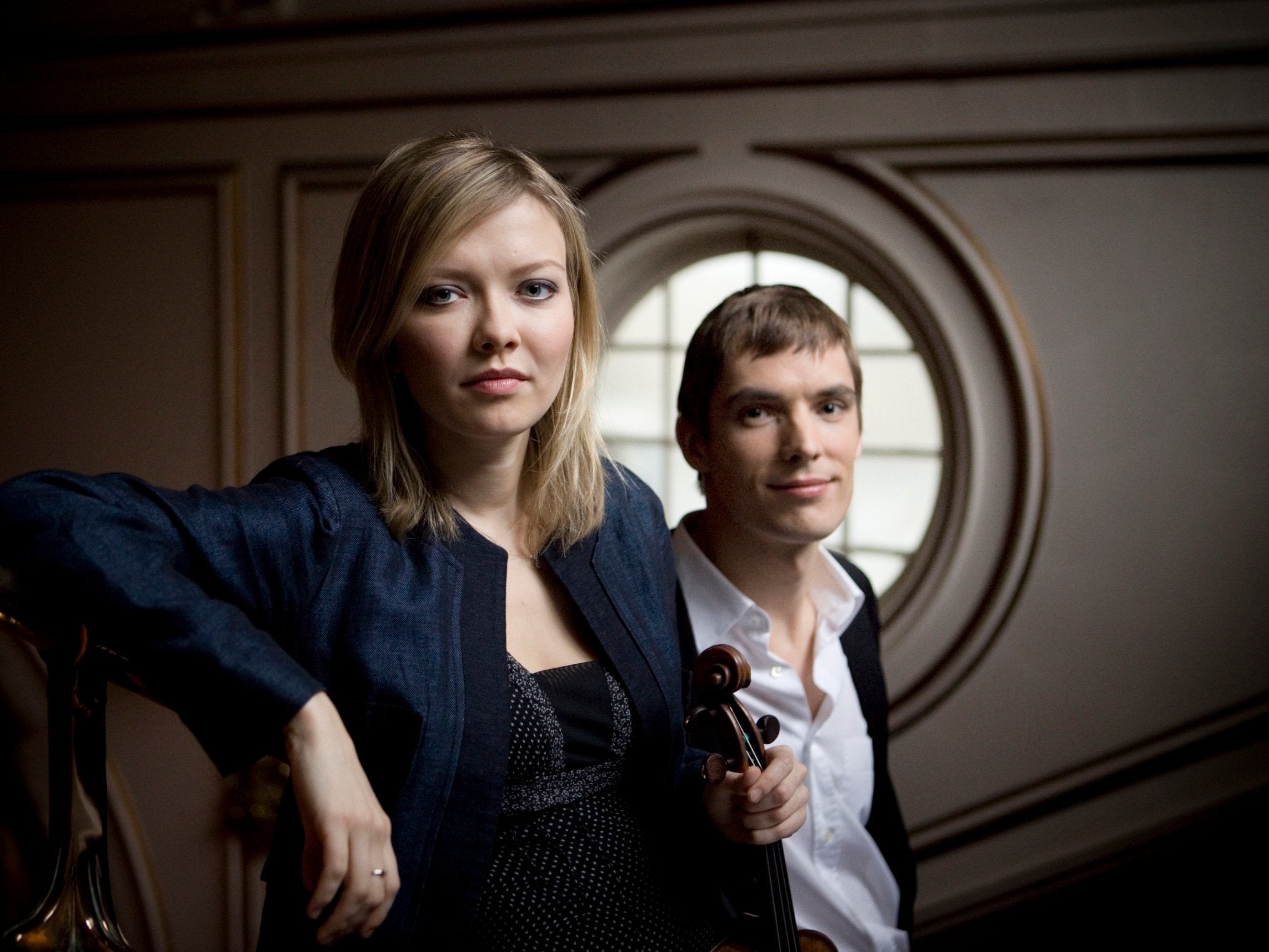Alina Ibragimova and Cedric Tiberghien, Wigmore Hall, review: John Cage’s mathematical experiments prove oddly compelling
Cage himself described it as ‘little scraps of ideas that were left over’ from a string quartet he had just written

The music of John Cage (1912-1992) will always remain mysterious. Indeterminacy was the principle on which his aesthetic was founded, and when wedded to a submission to ambient sound it hacked at the very foundations on which music has traditionally been based.
“4’33” is his best-known work: four minutes 33 seconds of musicians not playing their instruments. I last “heard” it sandwiched between two Brahms pieces at King’s Place, and the earth didn’t move.
Cage’s “Six Melodies for Violin and Keyboard” was played by violinist Alina Ibragimova and pianist Cedric Tiberghien, one of the starriest duos in the business. And by Cage’s standards it was tamely conventional.
He himself described it as “little scraps of ideas that were left over” from a string quartet he had just written, but those ideas were rigorously formalised. Every pitch on the violin would be played on the same string each time it occurred; the piano part, largely composed of fourths and fifths, would follow the same rule, with each melodic interval at the same pitch each time it was heard.
The result was a bit like music by Arvo Part, but since the governing principle was mathematical rather than musical it lacked Part’s charm. The odd thing was, I wasn’t bored, and I don’t know why.
On the other hand, the rest of this recital was superb: Beethoven’s third violin sonata coruscated, Janacek’s violin sonata came bursting with raw passion, and Schumann’s late “Violin Sonata in D minor Opus 121” – written when that composer had already moved into a delusionary world – exuded an extraordinarily youthful splendour.
The encore – Schumann’s “Abendlied” – had a sad, muted sweetness.

Join our commenting forum
Join thought-provoking conversations, follow other Independent readers and see their replies
Comments
Bookmark popover
Removed from bookmarks